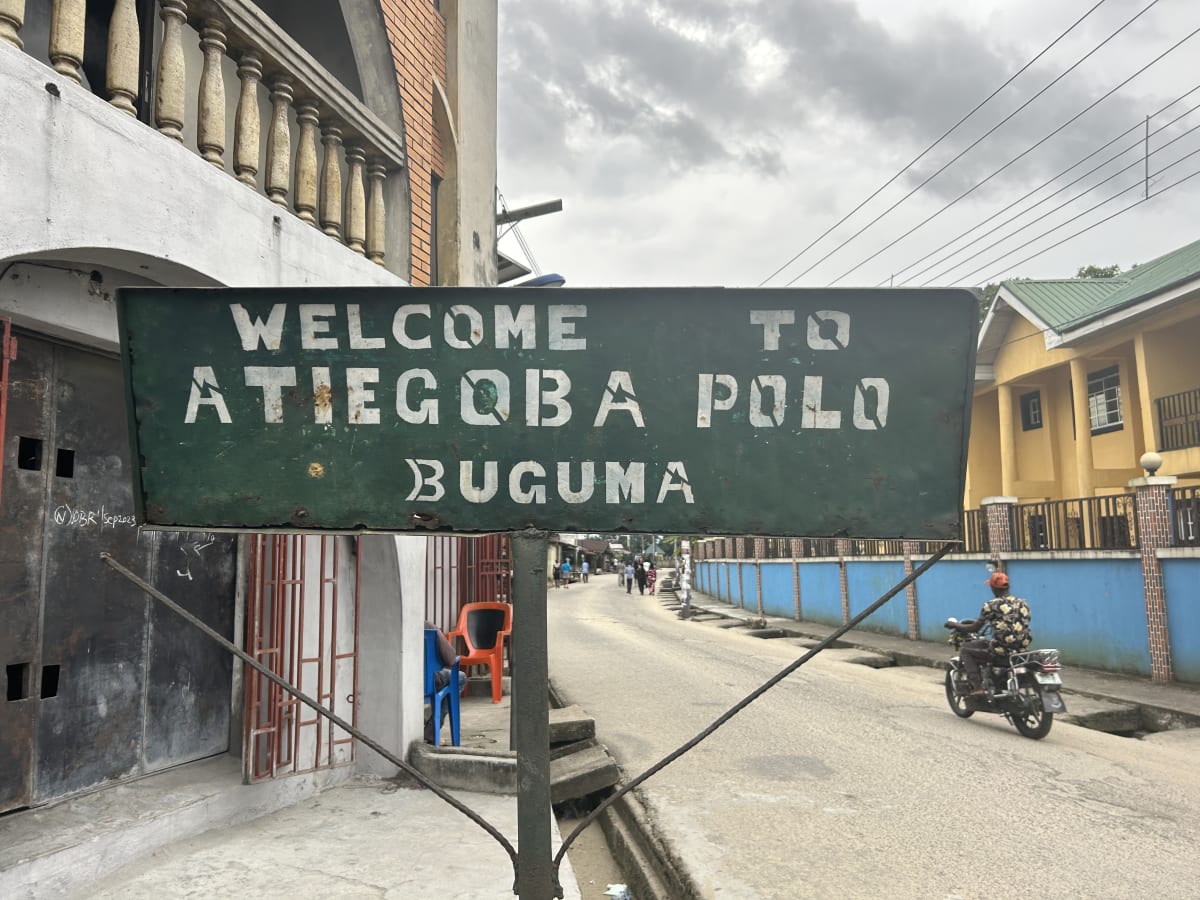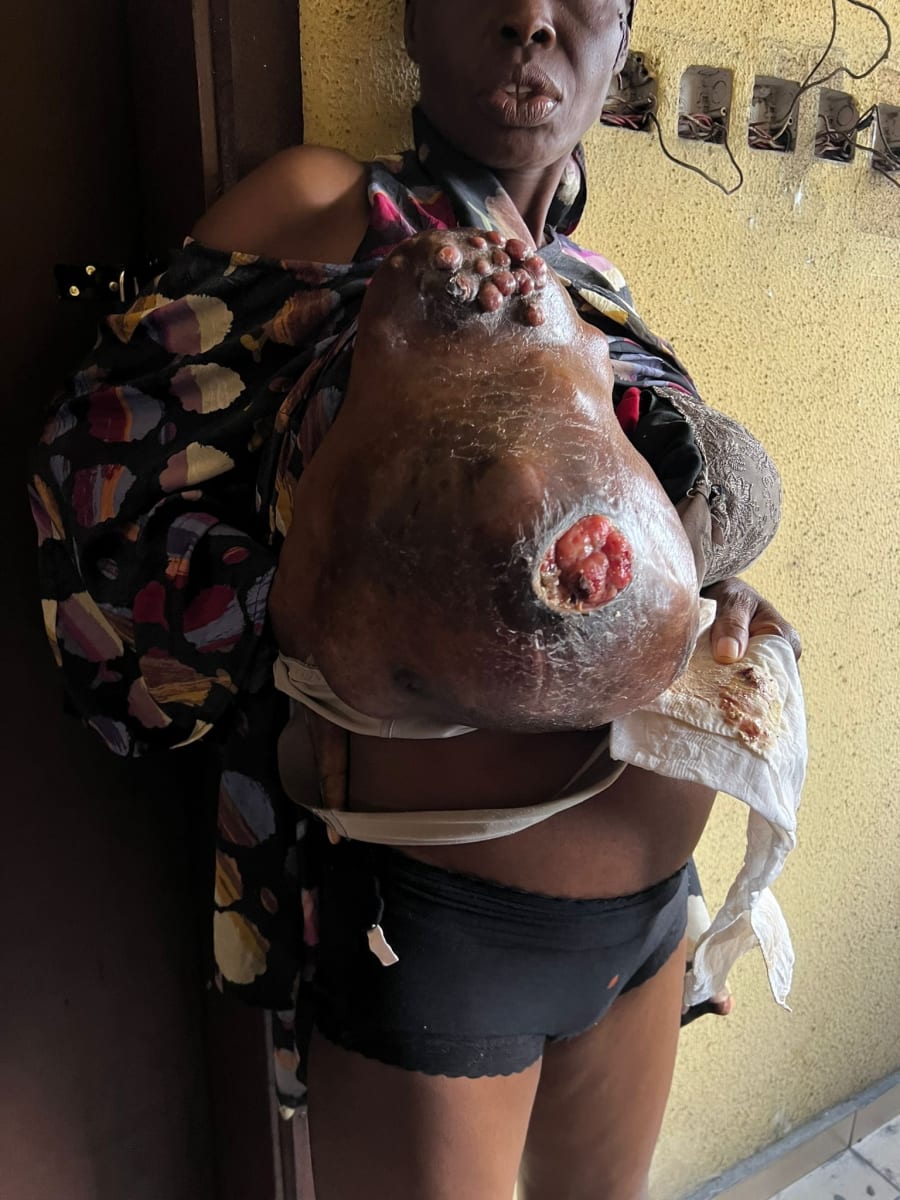I am part of a team of diasporans who return to Nigeria yearly to provide medical outreach to the rural communities they grew up in. The breadth of medical services we provide, from screenings and diagnoses to surgical interventions, profoundly affects the community's well-being. If further diagnostic workup or medical treatment is required, beyond our scope of practice, we refer patients to an urban medical institution for continued care. By collaborating with regional providers, we have the expertise and cultural awareness to provide comprehensive care to all patients.
I am involved in coordinating and managing surgical services during our time in Nigeria. I work with the local volunteer surgeons and anesthesiologists to perform the pre-op screenings, prepare the patients for their procedures, and recover the patients in our PACU. In addition to the medical services provided, there is an educational component of our outreach, where patients are educated about their conditions, procedures, and post-procedure care, which is vital for long-term health outcomes. Empowering patients with knowledge empowers them to take charge of their own health and make informed decisions.
We have identified precancerous cervix conditions, restored vision through cataract surgery, and provided relief from hernias, which illustrates some of our life-changing efforts. These interventions alleviate physical suffering and have far-reaching effects on individuals' abilities to engage in productive activities and contribute to their families and communities.
Furthermore, our team is able to respond to acute health issues, which prevent potentially life-threatening situations. An example occurred in 2021 when a grandmother brought her grandson to our medical outreach site with severe abdominal pain. Our providers were able to diagnose and treat his condition with surgery. Timely intervention, not only saves lives but also instills hope and improves overall community health.
The underprivileged and underserved population in rural southern Nigeria are the people who will benefit from this project. The income per capita in this region is below the international poverty level, as defined by the United Nations and World Bank. This population can not afford even basic life-saving prescriptions, which cost less than $1. Providing access to healthcare services and medications can make an enormous difference in the lives of individuals and families struggling with limited resources.
We chose this population due to the personal connection of the medical outreach founders and volunteers and their commitment to making a positive difference in the lives of their fellow Nigerians. It is evident to me that our founders and volunteers not only want to provide medical care but also want to give back to their place of origin and create a lasting impact on their community.
I have chosen to be part of this medical outreach because I believe in the transformative power of healthcare outreach. Seeing positive outcomes and witnessing the tangible impact of our past medical outreach efforts has been incredibly fulfilling and motivating. I’m also committed to building relationships with local medical staff and providers, as collaboration and partnership are instrumental in achieving sustainable change. Nigerian people are beautiful, stoic, friendly, and family-oriented, which highlights their cultural richness and the strength of their community. These qualities further emphasize the value of our work in preserving and enhancing the well-being of such a resilient and close-knit population.
The primary goal of our initiative is to educate the local population, focusing on mitigating health challenges such as diabetes, hypertension, cancer, and oral health issues.
In addition to conducting educational sessions, we will be distributing informative materials and mobilizing community healthcare workers to further spread health education through community outreach efforts.
Another significant outcome we aim to achieve is the potential to avert life-threatening situations or catastrophic health outcomes for patients. Our deworming program plays a vital role in reducing parasitic infections within the population, contributing to improved overall health.
Moreover, our provision of corrective glasses yields multifaceted benefits. While enhancing the quality of life for recipients, these glasses can also lead to enhanced economic opportunities in some instances. By enabling individuals to engage more actively in productive activities, the impact extends beyond health improvements, positively influencing the economic landscape as well.












Our mission was to provide free healthcare services to the underserved in southern Nigeria. The medical outreach was held in Buguma, a village in Rivers State without a functional hospital. Most people are too poor to afford medication for less than a dollar.
Over five days, the healthcare providers saw around 2,100 patients with various acute and chronic health conditions. Many patients were referred to specialists for further treatment, including procedures such as cataract and pterygium extractions, dental cleanings and tooth extractions, physical therapy, acupuncture, and in-patient surgeries such as myomectomies, hernia repairs, and lipoma removals.
Educational sessions were also conducted to provide patients, volunteers, and family members with information on oral health, lifestyle choices, and dietary modifications that can help prevent diabetes and hypertension. The pharmacy also provided free medications for various health conditions such as diabetes, hypertension, ulcers, and malaria.
I have taken part in medical missions before. Still, I have never witnessed such a significant impact on both the volunteers/providers and the community as I do during my medical missions with this foundation in Nigeria. One example that stands out is a man who had been blind due to cataracts for three decades, and he was incredibly grateful to have his sight restored following his procedure. Another case was a woman who had been carrying around a right breast mass for years. The foundation was able to refer her to a hospital in Port Harcourt and pay for the mass to be surgically removed. Being a part of this team of healthcare providers was truly a rewarding and fulfilling experience.